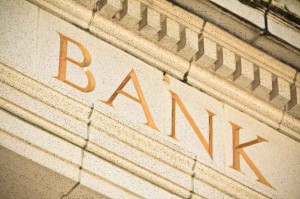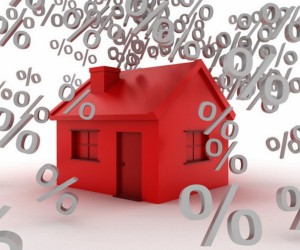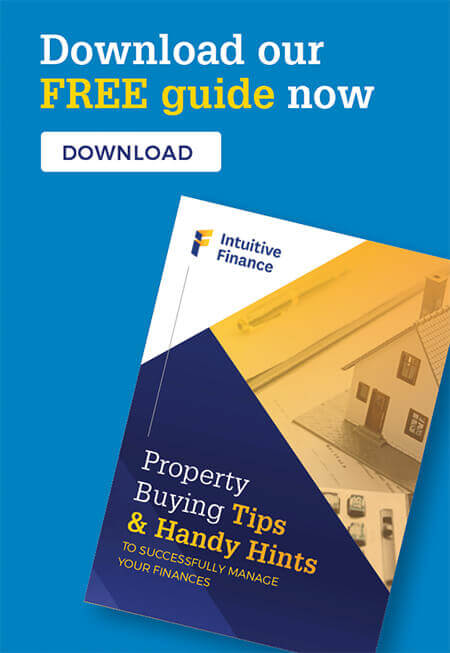The Reserve Bank of Australia has kept rates on hold at 1.5% after its December 2016 meting.
The decision to leave the cash rate on hold today came as no surprise to those following our economy.
To better understand the decision, here are 3 experts views:
Martin Lakos ( Macquarie) comment:
The last RBA board meeting for 2016 was held on Tuesday 6 December and rates were kept on hold at 1.5%.
This decision is consistent with the statement on monetary policy issued by the RBA early last month, where they noted the economy continues to grow, albeit at a moderate pace.
The first RBA board meeting for 2017 will be held on Tuesday 7 February.
Source: Macquarie
Tim Lawless (Corelogic) comments:
 Despite inflation tracking well below the target range of 2-3%, the RBA decided to keep the cash rate on hold at 1.5% today.
Despite inflation tracking well below the target range of 2-3%, the RBA decided to keep the cash rate on hold at 1.5% today.
On one hand the RBA was likely considering the sluggish inflation numbers, the likelihood of a low or even negative economic growth reading when GDP data is released tomorrow, record low wage growth of 1.9% in the year to September and the loss of approximately 50,000 full time jobs in the year to October.
In balance, there are plenty of reasons why the RBA would keep rates on hold such as the rebound in housing market strength and housing investment activity, a surge in commodity prices, and potentially a lower Australian dollar as the US looks to increase interest rates.
The reacceleration in housing values in some cities was likely a topic of discussion at the RBA, particularly considering the rebound in dwelling values that has been evident across some cities coincided with the two rate cuts earlier this year.
The May and August rate cuts were also accompanied by an aggressive rise in investment activity.
A decision to cut the cash rate to new record lows could add further incentive to investors and owner occupiers which could push housing values even higher.
The next RBA meeting isn’t until February 7th.
By this time the RBA will have had time to consider the performance of the housing market over the final quarter of 2016, as well as GDP figures for September and inflation numbers for the December quarter.
Additionally there will be further clarity on the US economy where unemployment has reached a nine year low and interest rates are about to start ratcheting higher.
At 1.5%, the cash rate is still highly expansionary and, together with other factors, is likely to keep housing demand strong
Eliza Owen (Residex) comments:

The Reserve Bank of Australia announced it will hold the official cash rate in December at 1.50%.
The decision comes amid the election of Donald Trump in the US, NAB and Westpac increasing investor related mortgage rates and anticipation of low GDP growth figures.
Before Donald Trump became the president elect, there remained some conjecture that Australian interest rates were not at the trough of the cycle.
But, as Trump’s election platform hinted at inflationary policies around tax cuts and infrastructure, markets have signalled expectations of growth and inflation.
This gives the US Federal Reserve room to increase interest rates without dampening inflation: it is a case of potential fiscal policy taking the burden off monetary policy.
What does this mean for Australia?
An increase in Fed rates is a signal of increased global economic strength.
It puts downward pressure on the Australian dollar.
A lower AUD and stronger global economic growth should boost exports, and takes pressure off the RBA to lower the cash rate.
It is important to remember however, that before Trump became the president elect, further cuts by the RBA to 1.25% in 2017 seemed plausible.
This was due to record low wage growth of 1.9% in the year to September, low underlying inflation of 0.35% in the month of September, and slowed growth in residential dwelling construction and approvals.
Australian labour markets have continued to deteriorate as jobs are lost in mining and manufacturing, and the construction sector slows.
In the year to October, Australia has lost approximately 50,000 full time jobs, and Trump’s election has not changed those shaky fundamentals.
In its last rate decision until February next year, the RBA has held rates steady among uncertainty of how global performance may shape the domestic situation.

Monday saw Westpac announce an increase on interest-only home loans, while NAB announced a 15 basis point increase to investor home loans.
The initiative of banks to increase margins in the residential lending segment could be beneficial while the RBA maintains expansionary monetary policy of 1.5%.
This is because higher interest rates on mortgages may divert capital from housing, making cheap credit available for other projects such as infrastructure, which would help to grow the economy.
The effect of interest rates on the housing market continues to be a concern for the RBA, who last month noted a “considerable supply of apartments is scheduled to come on stream over the next couple of years, particularly in the eastern capital cities”.
Meanwhile, the CoreLogic Hedonic Home value index saw a decline in the Melbourne unit market in November of 3.2%, and the Brisbane unit index was down 0.9% in the same period, suggesting construction and growth in the unit segment may start to moderate.
Tomorrow marks the release of Q3 GDP figures, with numbers expected to be flat, or even negative among low levels of demand and private investment.
One positive for certain markets around Australia is the increase of the commodity price index, which rose to its highest level since May 2016 in October.
However, among sluggish economic growth, low wage growth and inflation, a rate rise from the RBA may not be expected until at least the second half of 2017 or potentially the year after.
Source: On the House
- 8 Charts explaining why we’re in for a great time in property in 2021 - January 5, 2021
- New data shows COVID-19’s impact on Australians’ personal finances, including debt and insurance - December 21, 2020
- 4 key reasons why the property pessimists are changing their minds - October 12, 2020









